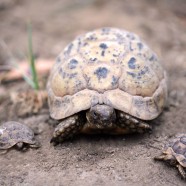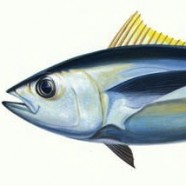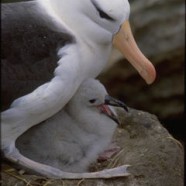Good news from Libya
Customs officers have just seized a total of 1,700 Kleinmann’s tortoises (Testudo kleinmanni) in a minibus and a heavy truck. These were the first 2 seizures observed in Libya since the July 2013 publication of “On the trail” n°1, the bulletin of Robin des Bois dedicated to poaching and smuggling endangered animal species.
They prove that despite the political and social chaos, wildlife is not completely left to the devices of traffickers and militia. The 2 vehicles were heading to Egypt. The first reports show that the 200 tortoises in the minibus were collected in the desert to the south of Tripoli. The 1,500 tortoises found in 18 bags inside the truck were collected in an area south of Benghazi.
Today, when you eat tuna, you’re killing an albatross.
Seabirds are victims of oil spills and other pollution. Plastic waste and ghost nets drifting in oceans are also threats along with invasive rodents on the shoreline. They are also victims of tuna fishing.
Urgent mitigation measures need to be taken by ICCAT to reduce by-catch of seabird populations such as albatrosses and petrels in tuna and tuna like species long-line fisheries. Recent worldwide estimates of seabird by-catch by long-line fisheries range between 160,000 and up to 320,000 each year of which a large proportion are albatrosses and petrels. It is estimated that the Japanese tuna fleet kills over 20,000 seabirds per year which seriously impacts albatross populations. According to a document presented to the Scientific Committee it is estimated that around 10,000 seabirds are victims of incidental catch every year within ICCAT’s zone of competence. Albatrosses are surface feeders and wait for the fishermen to throw out the fishing gear. Whereas petrels, such as white-chinned petrels (Procellaria aequinoctialis), plunge into the water depths to steal the bait, they become hooked, dragged along and eventually drown.











